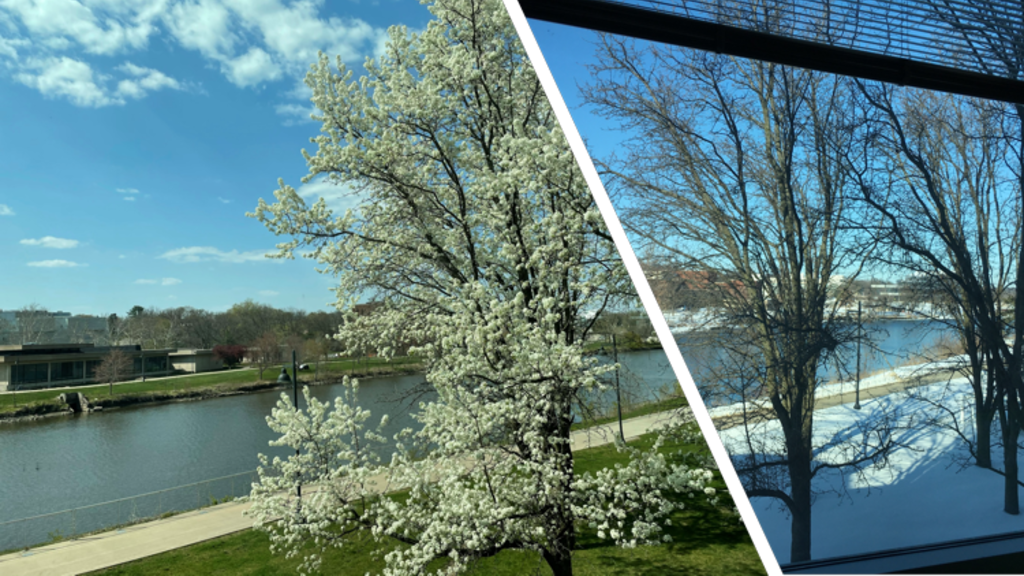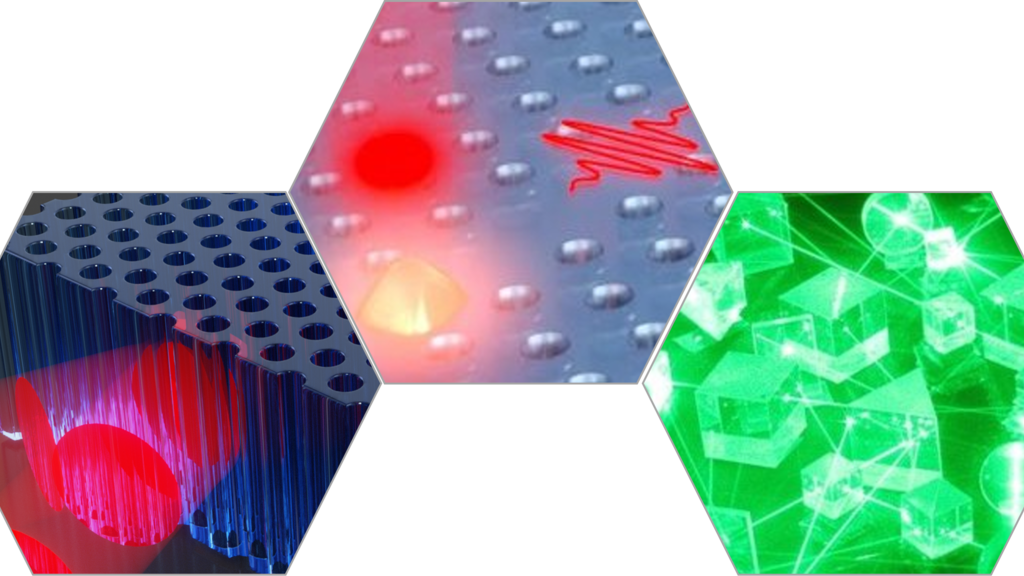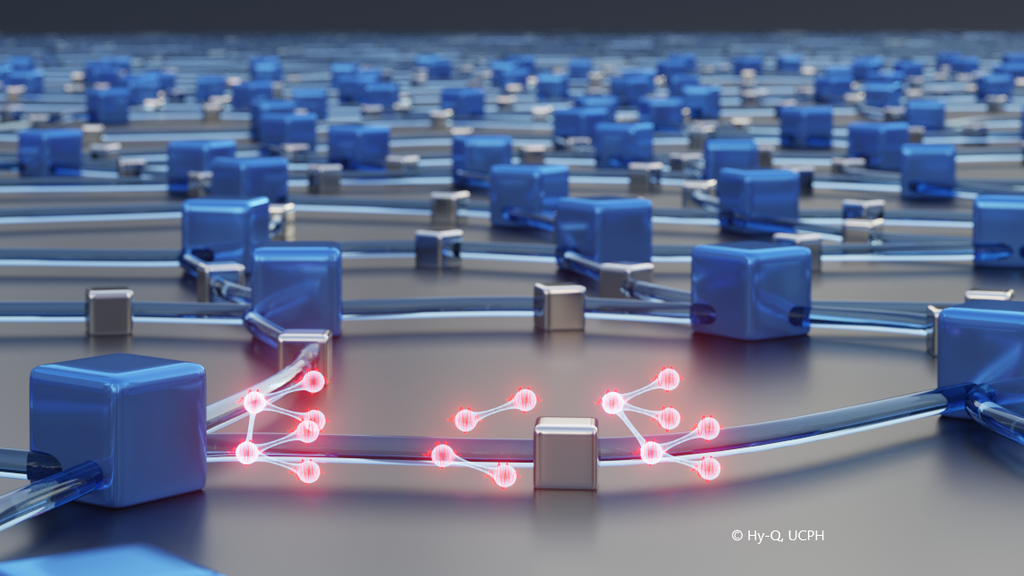
Who we are
We are an experimental physics research group that works at the interface of nanophotonics, semiconductor quantum emitters, and multimode quantum optics. Our lab is located in the Iowa Advanced Technology Laboratories (IATL) building with capabilities for single-emitter resonant spectroscopy at cryogenic sample temperatures (4 K) and magnetic fields up to 7T (upcoming!). We have also developed a setup for performing complex wavefront shaping across the near and short-wave infrared wavelengths (800 nm - 2500 nm).

What we do
We combine nanophotonic and electronic control of quantum emitters with optical excitation and detection methods for efficient generation of quantum light (single and entangled photons). While at it, we explore the possibility to entangle disparate physical qubits (say, spin and photon or emitters in different materials). Further, we also develop novel adaptive learning methods that could potentially improve the quality and efficiency of the quantum resource.

Why we do
Quantum physics enhanced applications are expected to transform technologies such as sensing, imaging, simulation, and communication, thereby accelerating the scientific progress on topics with societal relevance (e.g., drug discovery, secure communication). Photons play a central role in such quantum technologies as they provide a versatile and robust platform for encoding, manipulating, transmitting, and reading quantum information. We aim to understand and precisely control light-matter interaction physics at the single-emitter level to create efficient, high-fidelity sources of quantum light that can harness the quantum advantage.
Joining our endeavor
We have openings for exciting experimental and (partly) theoretical projects for Graduate and Undergraduate students on spectroscopy, nanophotonic devices, quantum optics, and nanofabrication. Interested?
Undergraduate students can email Prof. Uppu directly.
Graduate students are recommended to apply for the Physics Graduate School program (more information can be found on the Department of Physics webpage). If you have any specific queries, please email Prof. Uppu.
